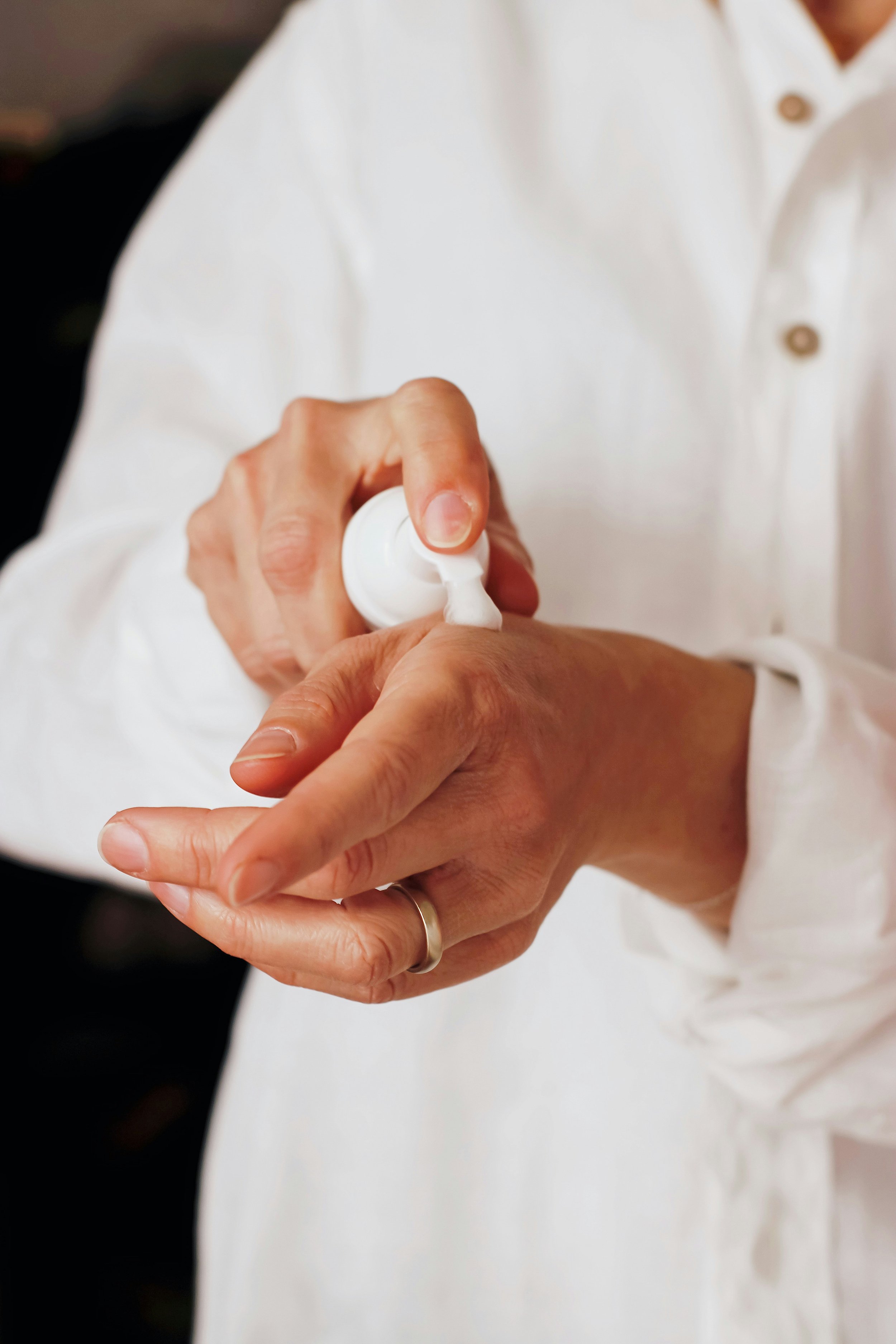6 Key Foods for Liver Health for Easier Perimenopause
Perimenopause brings a variety of hormonal shifts that can leave women feeling out of balance and maybe even a little crazy at times! One key organ that plays a crucial role in managing these changes is the liver. The liver is responsible for metabolizing and detoxifying hormones, including estrogen, making it essential to support for a smoother transition through perimenopause and into menopause. Today, we’ll explore how you can nourish your liver with real food and simple ways to incorporate these nutrient-dense foods into your daily routine.
The Liver’s Role in Supporting Perimenopause
The liver is a powerhouse organ responsible for filtering toxins, breaking down excess hormones, and keeping the body’s internal environment in balance. Everything you eat, breathe, and absorb through your skin must be processed by the liver. If the liver is sluggish or overburdened, hormone metabolism can become inefficient, leading to estrogen dominance—a key driver of many perimenopausal symptoms such as bloating, mood swings, weight gain, and heavy periods.
While today’s focus is on foods that support the liver, it’s also important to be mindful of toxins from skincare, cleaning products, plastic containers, and even cookware, as these can contribute to the liver’s workload and disrupt hormone balance.
Liver-Supportive Foods for Perimenopause
The good news is that strategic dietary choices can significantly enhance liver function and help ease perimenopausal symptoms. Here are some of the best foods for liver detoxification:
Cruciferous Vegetables
Cruciferous vegetables, including broccoli, cauliflower, Brussels sprouts, cabbage, and kale, contain sulforaphane, a powerful compound that aids in estrogen metabolism and detoxification. Beets are also excellent for liver support, as they enhance bile production and help the liver process toxins more efficiently.
How to incorporate them:
Add broccoli microgreens to salads or smoothies for an extra boost of sulforaphane and vitamin C.
Roast Brussels sprouts with balsamic, olive oil and garlic for a delicious side dish.
Blend steamed cauliflower into soups for a creamy, liver-loving meal.
Toss shredded cabbage into tacos or slaws.
Citrus Fruits
Lemons, limes, oranges, and grapefruits are rich in vitamin C and antioxidants that support liver enzyme activity and aid in detoxification.
How to incorporate them:
Start your morning with warm lemon water to stimulate liver function and digestion.
Add fresh citrus slices to salads, fish dishes, or infused water.
Blend grapefruit into a smoothie with berries and flaxseeds for an extra hormone-balancing punch.
Dark Leafy Greens & Bitter Foods
Leafy greens like dandelion leaves, radicchio, swiss chard, arugula, kale, and spinach contain bitter compounds that stimulate bile production, helping the liver process waste and toxins more effectively.
How to incorporate them:
Use arugula or dandelion greens in salads or nourish bowls.
Add spinach or kale to smoothies or omelettes.
Brew dandelion root tea as a coffee alternative for gentle liver support — I love it blended with a splash of canned coconut milk for some healthy fats!
Turmeric
Turmeric contains curcumin, which has powerful anti-inflammatory properties and supports liver detoxification pathways and gut health.
How to incorporate it:
Sprinkle turmeric into soups, stir-fries, or roasted vegetables.
Make a golden milk latte with turmeric, coconut milk, cinnamon and raw honey
Add turmeric to scrambled eggs for an extra anti-inflammatory boost.
Berries
Blueberries, raspberries, and blackberries are packed with antioxidants that reduce oxidative stress on the liver and promote hormone balance, while providing fibre for digestion.
How to incorporate them:
Add a handful of berries to coconut yogurt, healthy pancakes, or smoothies.
Use berries as a natural sweetener in homemade chia seed pudding.
Enjoy fresh or frozen berries as a snack with a handful of nuts.
Flaxseeds
Flaxseeds contain lignans, plant compounds that help balance estrogen levels by supporting liver detoxification.
How to incorporate them:
Blend ground flaxseeds into smoothies.
Sprinkle over coconut yogurt, veggies or salads.
Mix into homemade energy balls, baked goods or our hormone balancing seed cycling balls!
Why You Should Choose Organic for Liver & Hormone Health
Choosing organic produce whenever possible can reduce the liver’s toxic burden. Many conventional crops are sprayed with glyphosate, a pesticide that has been linked to disrupting liver detoxification, hormone function, immune function, gut health and more.
If buying organic isn’t always feasible, use the EWG’s Dirty Dozen and Clean 15 list to prioritize which foods to buy organic. As a general rule, thick-skinned fruits and vegetables like avocados have a lower toxic burden, while thin-skinned produce like berries should ideally be purchased organic.
Remember that small changes over time can add up! If you’re looking for personalized nutrition guidance to support your hormone health, consider booking a session with one of our holistic nutritionists. We’ll create a customized plan to help you navigate perimenopause with greater ease and vitality!
Contact us today for more information!
Asher Kleiber
Registered Holistic Nutritionist





